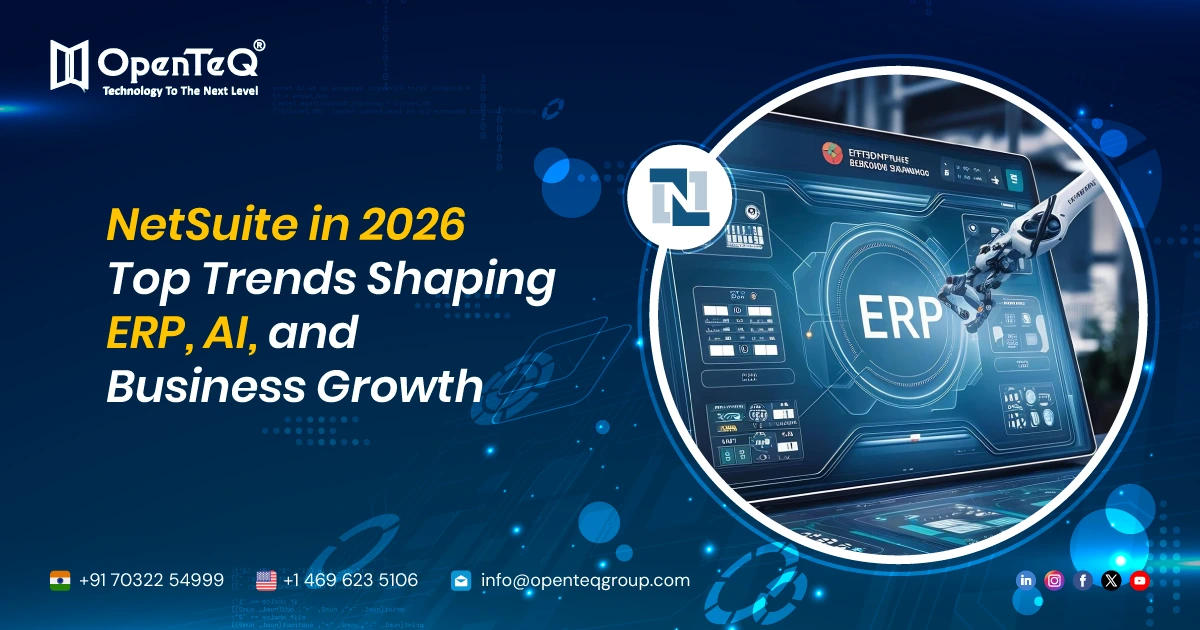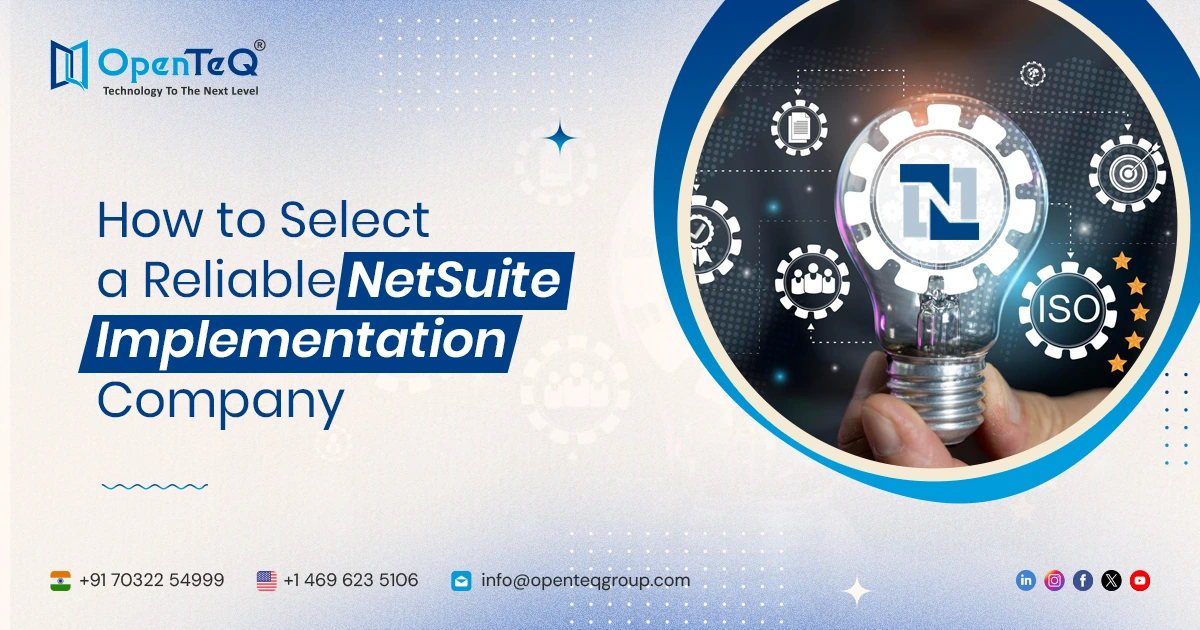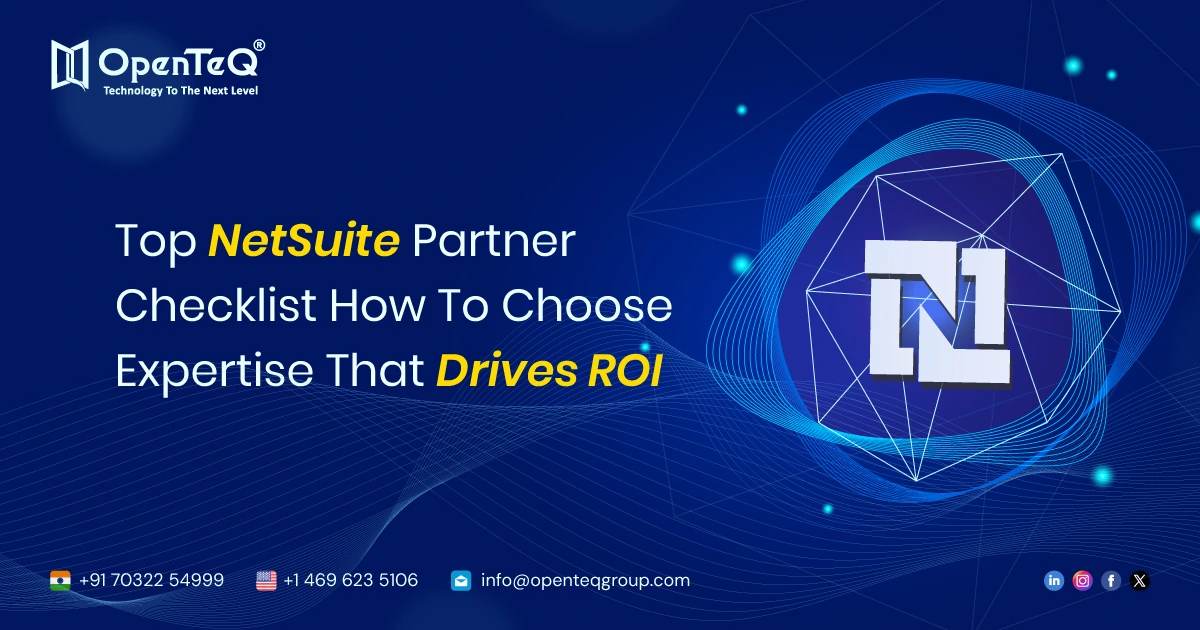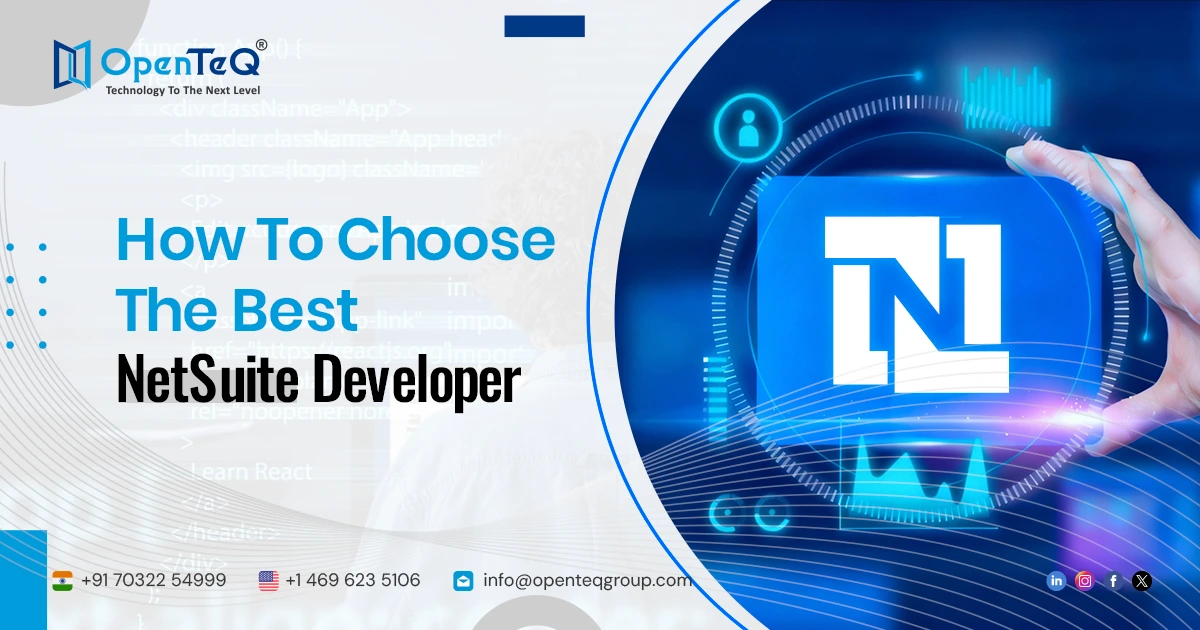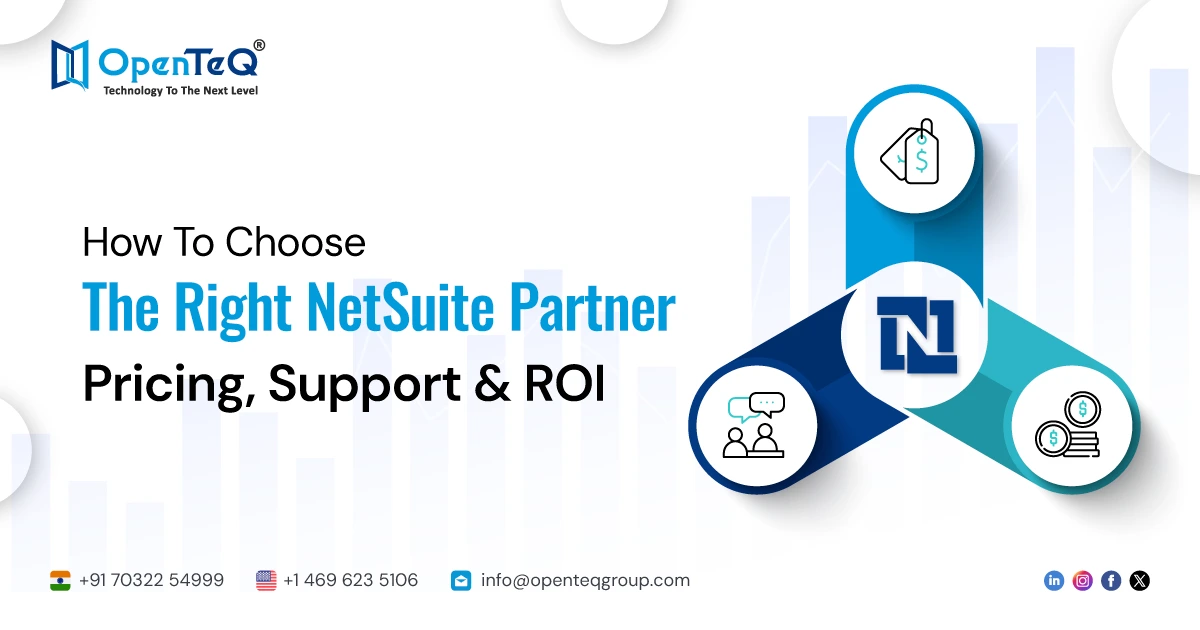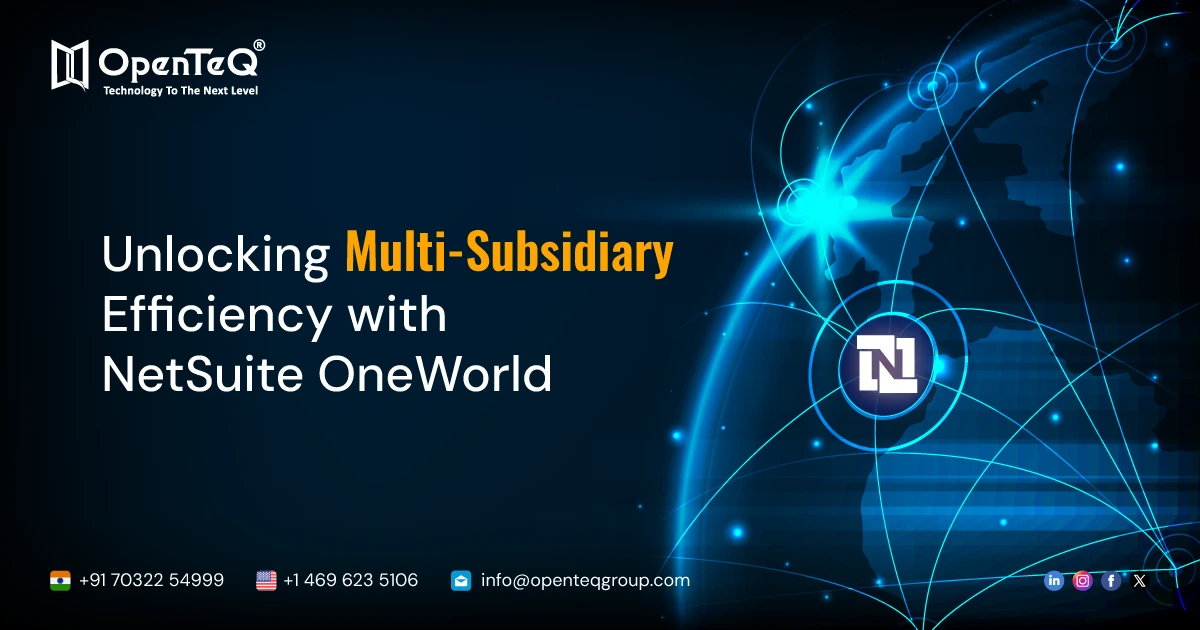NetSuite Integration Challenges: How to Overcome Them
Is NetSuite the best ERP platform available? Not at all. It is among the oldest, though, and with age comes a well-established reputation in the ERP industry.
Medium-sized business brands rely on NetSuite's software due to its reliability. Therefore, integrating with NetSuite is essential if you want to advance upmarket, increase TAM, and close bigger sales.
Never worry about integration complexity, and don't put off developing a crucial integration because it will not be easy. Luckily, we've built over 200 connections and have extensive knowledge of the specifications thanks to our strong collaboration with NetSuite's APIs.
To ensure that product managers and engineers design their NetSuite integration correctly the first time, we'll go over everything they should consider here.
Why integrate with NetSuite and what does it entail?
Businesses may use apps for order management, inventory management, CRM, financial management, and much more using NetSuite, a cloud-based software suite.
Now, what makes integrating with NetSuite a good idea?
First off, NetSuite consistently ranks first in the Gartner Magic Quadrant for Cloud Core Financial Management Suites for Midsize, Large, and Global Enterprises. It has 34,000 clients across 217 countries and generates $42.2 billion in revenue annually.
Second, NetSuite can accommodate companies of all sizes due to its scalability. It is therefore the ideal instrument for businesses that are focused on growth.
Not to mention that most organizations utilize hundreds, not just one, of programs. NetSuite users frequently want third-party connectors so they can use the apps they use the most (like Salesforce, for example).
Businesses may simplify operations and avoid the headache of manually transferring data across systems by integrating with NetSuite.
What distinguishes NetSuite from other ERPs?
Without a question, NetSuite is a challenging system to operate. As was already mentioned, NetSuite is unique among ERPs, even though there might be more sophisticated ones out there in some areas.
Why? Medium-to enterprise-level brands find it to be a desirable integration due to its existing reputation and credibility.
Since both have been around for a while and people have spent years being certified and advancing their careers with the program, it is usually compared to Salesforce.
It should come as no surprise that NetSuite is the ERP of choice for businesses. It is a dependable choice for businesses that need a solid operational foundation because it provides an abundance of resources.
Key takeaway: It's critical to integrate with this system if you want to compete with rivals who provide this ERP integration and win over large brands that use NetSuite as their ERP. By doing this, you can give merchants a seamless experience and benefit from all the tools and resources the NetSuite ecosystem offers.
Nevertheless, NetSuite is not an exception to the rule that complex systems frequently entail complex processes and integration difficulties.
NetSuite Welcomes OpenTeQ Technologies as a Strategic Partner
Difficulties in integrating NetSuite (and solutions)
Being conversant with NetSuite's plethora of APIs is one of the largest obstacles to integration; the platform may be accessed via a variety of methods, such as a REST API, a SOAP API, and an internal query library called suiteQL.
The following challenges can be addressed by your team with the correct tools and direction:
1. A static IP address is necessary for NetSuite integration setup.
Because NetSuite offers a great degree of field customisation and different degrees of access control, especially with regard to authentication methods, integrating with it can be more difficult than connecting with other ERP solutions.
A static IP address is necessary for many NetSuite accounts to interact with the platform. This limits the number of IP addresses from which you can query, which can be problematic if the IP address of your company server is dynamic and changes regularly.
If your server's IP address changes and you are only whitelisted to one IP address in NetSuite, you will need to manually update the whitelist every time. This makes the integration process more complex and challenging to build.
Solution
Certain integration systems will use their static IP addresses to take care of this. For precisely this reason, OpenTeQ, for instance, provides static IP addresses, so you won't need to manually adjust your address in NetSuite each time you need to construct or update the integration.
We also provide complete support for hundreds of APIs, data types, and NetSuite authentication. Additionally, we provide end-user customization, which lets companies create integrations that can be adjusted to suit the needs of their users.
2. The quantity of data and API calls that you can make is restricted by NetSuite servers.
Every NetSuite account is hosted on a subdomain and operates on a separate instance. ISVs encounter difficulties as a result when attempting to import customer or order data from NetSuite onto their platform. In what way does this differ?
You can get greater power from other tools because their instances are hosted and operated on the same server cluster. Conversely, NetSuite configures a server for you, using a subdomain to host your instance. This implies that the amount of data you may access from their single server at any given time is limited because you can only use the capacity of that one server.
Put differently, you can only extract a specific amount of data at a time, and you can only make a certain number of API calls in each amount of time. Users must manually draw data until they reach the limit, wait, and then pull again when they can as a result of these limits, which have an impact on the speed and efficiency of data transfers.
3.NetSuite offers more than 200 intricate APIs
Challenge
Because of its extensive API, NetSuite supports both REST and SOAP architectures. There are 173 APIs under beta and 44 that are widely accessible. There are still more than 200 APIs to choose from, even though 80% of them are in beta. In addition, ISVs can further personalize their integrations with thousands of fields, and most of the time, the data formats between systems are incompatible.
Yes, there are a lot of options here, but ISVs don't always understand them. Particularly considering that the NetSuite integration APIs are in beta and lack SLAs, making them liable to abrupt changes or termination.
All of this indicates that mapping the depth of a NetSuite integration is highly challenging. Due to the intricacy of the work, ISVs have little trouble paying consultants that charge $60K+ to complete this work for businesses.
What does that tell you about NetSuite's shortcomings?
Solution
If an ISV lacks the resources to handle an internal NetSuite integration, they have two options:
- Contract with a technical advisor
- Employ an Embedded IPaaS
ISVs can spend more time developing integration workflows and less time understanding the ins and outs of NetSuite due to features like a drag-and-drop editor, straightforward field mappings, and the authentication modal.
Additionally, adopting an embedded integration platform will still enable you to simply create a workflow and launch a bespoke version specific to each end-user requesting the integration, as NetSuite data models can be changed, meaning subtle variations for each integration.
4. The cost of a NetSuite integration can reach $60,000.
Challenge
As previously said, NetSuite is an effective ERP solution, but it comes at a high cost (some consultants charge as much as $60K).
It may be necessary for businesses to engage consultants to implement and modify NetSuite integrations into their business operations, which can be rather expensive. The price doesn't end there because continuing upkeep and personalization can soon mount up.
Consultants must be hired to create special customizations for each new customer, which can get costly very quickly. It's critical to keep in mind that NetSuite is a continuing investment that calls for continual financial resources to manage and adjust to shifting business requirements.
Consultants must be hired to create special customizations for each new customer, which can get costly very quickly. It's critical to keep in mind that NetSuite is a continuing investment that calls for continual financial resources to manage and adjust to shifting business requirements.
Solution
We are aware that many companies incur significant costs when hiring consultants to implement NetSuite integrations.
By offering straightforward steps to lessen the NetSuite API schema learning curve, an integration platform such as OpenTeQ can facilitate integration without the need for outside consulting.
Even while we are unable to completely remove all NetSuite difficulties, we can assist your team in expediting and optimizing the process.
5. Navigating the NetSuite API documentation is tedious
Challenge
Not only are NetSuite's APIs hard to use, but the documentation is also hard to understand. It is lengthy and limited to the schema level. Generally, it is difficult to find many sample data or examples.
Solution
We offer comprehensive documentation along with sample data using OpenTeQ's Embedded IPaaS. You may get started immediately with designing and mapping your workflow with the NetSuite sample data that OpenTeQ supplied. We also give you the ability to manage modifications, examine real-time data in your NetSuite instance, and adjust the workflow to suit the requirements of your clients.
The time-to-market for ISVs can be greatly shortened by integrating with NetSuite via a platform such as OpenTeQ. OpenTeQ's pre-configured processes and connectors make it simple and quick to integrate with NetSuite, freeing up ISVs to concentrate on creating their main product rather than overcoming connection obstacles.
Conclusion:
By understanding common NetSuite integration challenges and implementing effective solutions, you can achieve seamless data flow and unlock the full potential of NetSuite. Consider connecting with experienced NetSuite ERP Implementation Partners who can guide you through the entire integration process, from planning and configuration to ongoing maintenance. Their expertise in NetSuite Integration Platform and NetSuite Implementation Process can help you overcome challenges and achieve a successful integration that streamlines your business operations and fuels growth.


